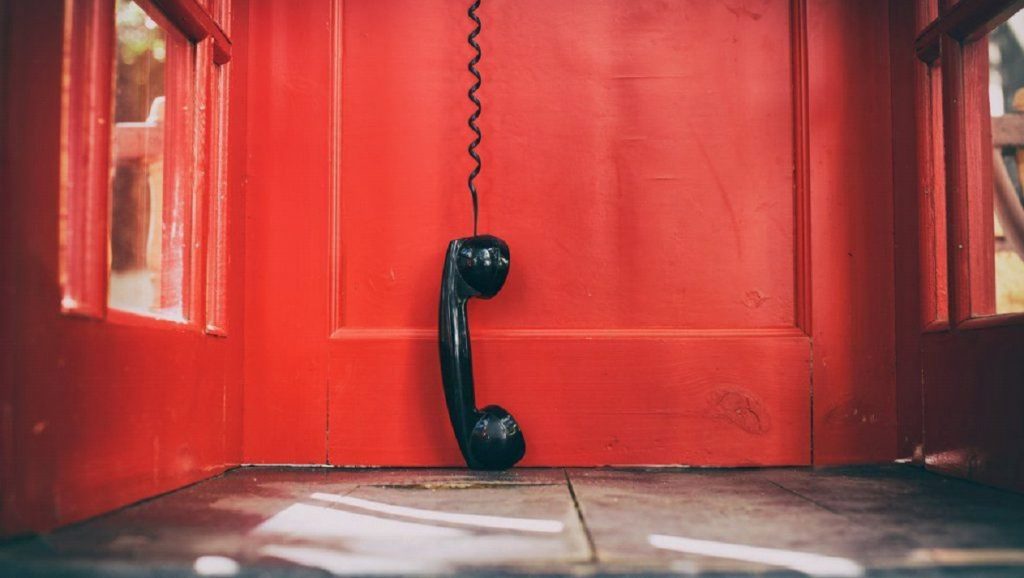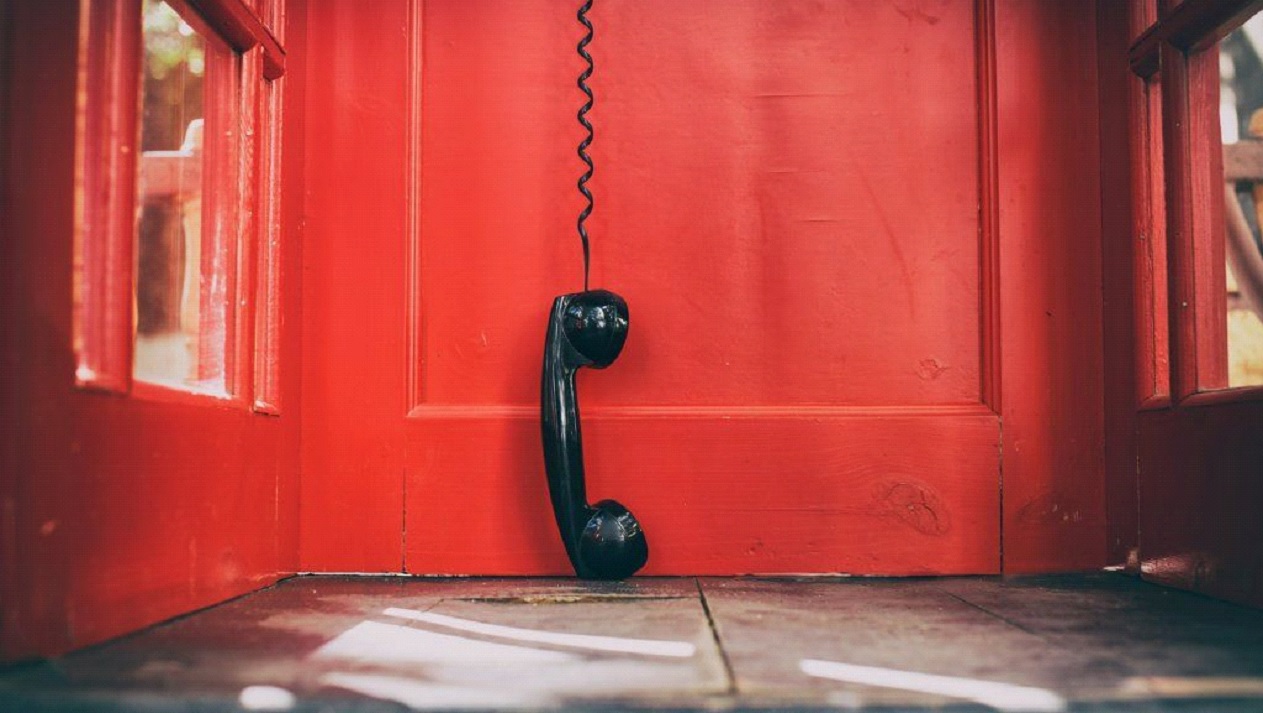Phone scams are unfortunately very prevalent in today’s society and are a common enemy to us all.
But there are specific area codes that you should not answer and can avoid because the scammers and fraudsters frequently use them to try and fool you.

Area Codes to Avoid in America:
- Atlanta, GA (404)
- Detroit, MI (313)
- Eastern Pennsylvania (484)
- Fort Lauderdale Area (954)
- Western Iowa (712)
- Northern Minnesota (218)
- Houston, TX (713)
- Washington D.C. (202)
Area Codes to Avoid in the UK:
- London (20)
- Manchester (161)
- Glasgow (141)
- Leeds (113)
- Birmingham (121)
- Liverpool (151)
- Swansea (1792)
Area Codes to Avoid Internationally:
- Dominican Republic (809, 829, and 849)
- Bahamas (242)
- British Virgin Islands (284)
- Grenada, Carriacou, and Petite Martinique (473)
- Montserrat (664)
- Turks and Caicos (649)
- Dominica (767)
- Jamaica (876)
Why Is It Important to Avoid These Area Codes?
These phone spoofing, scammers or fraudsters can be a nuisance, but they can also be potentially dangerous. Some scammers go to the extent of ringing you with a fake cry for help or someone in need of medical attention but then will hang up on you, knowing that I will call back. When I do call back, they are then able to steal my information.
Another critical reason to avoid these area codes is that some fraudsters can even convince me to reveal vital or personal information if I answer. What’s worse, they may even be able to get hold of my money. Before we realise that it was a scam, they’ll hang up on us.
It’s not just phone calls from these area codes that you shouldn’t answer, but we recommend you to not answer any texts from them. Text messages can either have fraudulent links or, if I do reply, will instantly steal my information, making text scams very dangerous.
Types of Area Code Phone Scams
Here are some phone calls that we may encounter from a fraudulent scammer and the things they may pretend to be in an attempt to steal your information or money – or both.
Tax or Government Scam
These are scams where companies or individuals ring us and proclaim they are from the government or tax office. They could claim that you have a high amount to pay immediately, or you could face imprisonment. These scammers are good at sounding authoritative.
Lottery Scam
This scam is where someone calls or texts us, saying I have won a certain amount of money. They ask for our personal information like my bank details. This deception leads to them taking money from my account, which is quite the opposite of what would happen if I win the lottery.
Bank Scam
The bank scam is the most common cause of fraudulent calls. In such a case, the fraudster pretends to be from our bank and will tell us that our account has been hacked or that I need to transfer my money to a new account. They’ll then proceed to “help” me, pretending to be friendly and helpful, but instead, they are leading us to deposit all of our hard-earned money into the scammer’s bank account.
Conclusion
So please be careful with any of these area codes when they are come up on your phone, either if they’re in the form of a text or a call. But if you do answer by accident, please make sure to listen for any inconsistencies or if you are unsure, just hang up and call the actual company or bank through the phone number listed on their website and check with them yourself.

